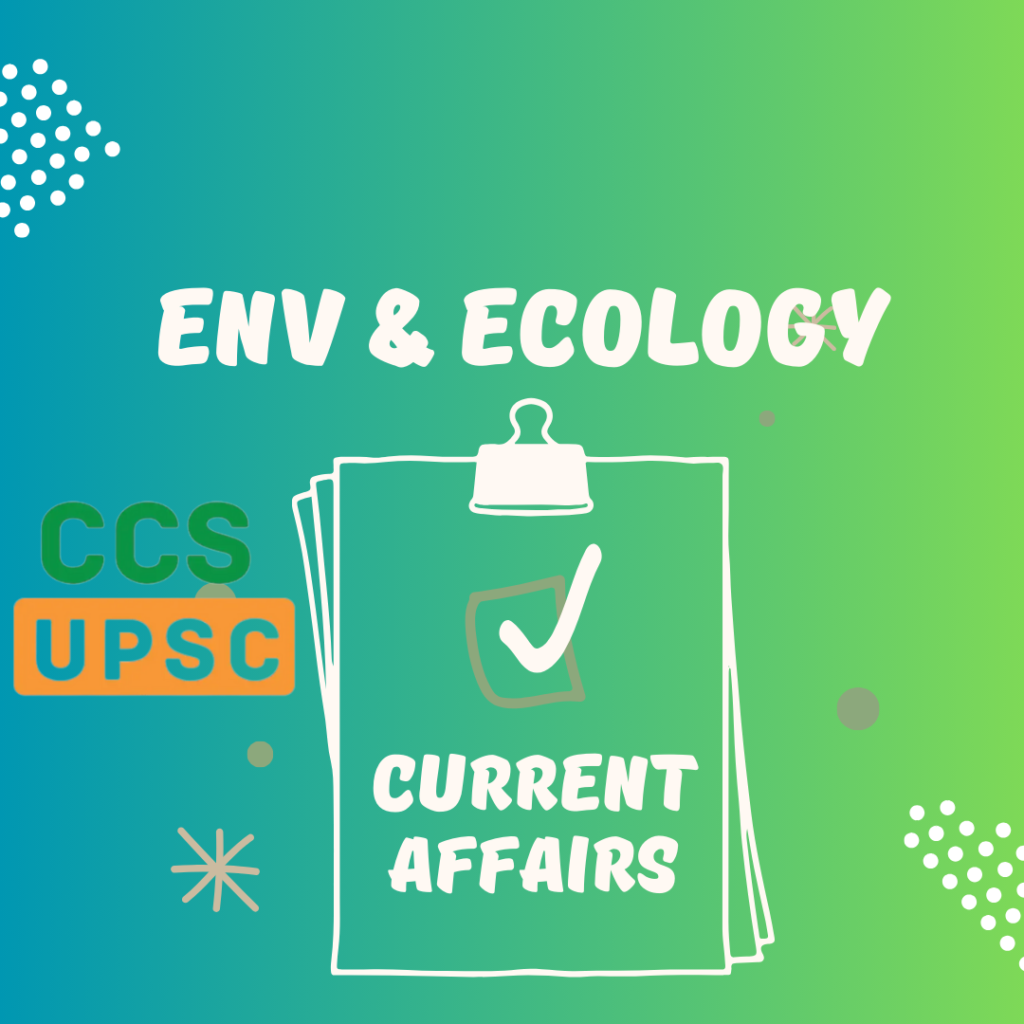Context
- Recently, the Water (Prevention and Control of Pollution) Amendment Bill, 2024 was introduced in the Rajya Sabha aiming to amend the Water (Prevention and Control of Pollution) Act, 1974.
Key Features of the Bill
- Appointment of Adjudication Officers: The bill proposes the appointment of an ‘adjudication officer’ who will decide on the penalty in cases of environmental violations.
- Uniformity in appointment of Chairman of SPCBs: The 1974 Act states the Chairman of the State Pollution Control Board was nominated by the State government, to which the Bill adds ‘in such a manner as may be prescribed by the Central Government’.
- Applicability: The Bill would be applicable to Himachal Pradesh and Rajasthan, and any other state that passes a resolution under the Water (Prevention and Control of Pollution) Act, 1974.
- Decriminalisation of Minor Offences: The bill aims to decriminalise the existing provisions of the Water (Prevention and Control of Pollution) Act, 1974, which means that instead of imprisonment, violators would be required to pay a fine.
- Changes in Punishment: The 1974 Act currently prescribes imprisonment of up to three months for not informing the State Board about abstraction of water from a stream or well in a substantial volume and not providing information about construction, installation, or operation of disposal system.
- The Bill amends it to a fine between Rs 10,000 and Rs 15 lakh.
- Exemption for Certain Industrial Units: The Bill enables the Centre to ‘exempt certain categories of industrial plants’ from the restrictions on new outlets and discharges.
- Guidelines for Grant and Establishment of Industries: The Bill also enables the Centre to ‘issue guidelines’ on matters relating to grant, establishment of any industry, etc.
Water Pollution: A Growing Concern
- Water pollution is a pressing issue that poses significant threats to the environment and human health. It occurs when harmful substances, often due to human activities, enter water bodies and degrade the quality of water.
Causes
- The primary cause of water pollution is the discharge of waste from urban areas, which account for 70% of India’s water pollution.
- These wastes, often untreated due to inadequate infrastructure, end up in rivers and other water bodies.
- Industrialization and increasing urbanisation have exacerbated the situation, creating large point sources of it.
- Heavy metals are another significant source of water pollution. They contaminate India’s rivers, posing severe health risks.
- The Central Pollution Control Board (CPCB) identified 351 polluted river stretches in India, with Maharashtra having the highest number of polluted rivers.
Impact on Health and Environment
- Pollution has severe impacts on both human health and the environment. In 2019, pollution resulted in more than 23 lakh premature deaths in India, the highest in the world.
- The majority of these deaths were due to air pollution, but water pollution also contributed significantly.
- Water pollution affects the environment by degrading freshwater supplies and ecosystems.
- This degradation increases the vulnerability of small-scale producers to climate shocks and land degradation in some of the world’s most fragile ecosystems.
Measures to Control
- The Indian government has implemented various Acts and rules to control water pollution.
- The Water (Prevention & Control of Pollution) Act and the Environment (Protection) Rules, 1986, aim to prevent pollution in water bodies.
- However, effective implementation and enforcement of these laws remain a challenge.
- CPCB performs functions as laid down under the Water (Prevention & Control of Pollution) Act, 1974, and the Air (Prevention and Control of Pollution) Act, 1981.
Conclusion
- Water pollution is a grave issue that needs immediate attention. While laws and regulations are in place, their effective implementation is crucial. Moreover, there is a need for increased awareness and individual responsibility towards the conservation and protection of our water bodies.


